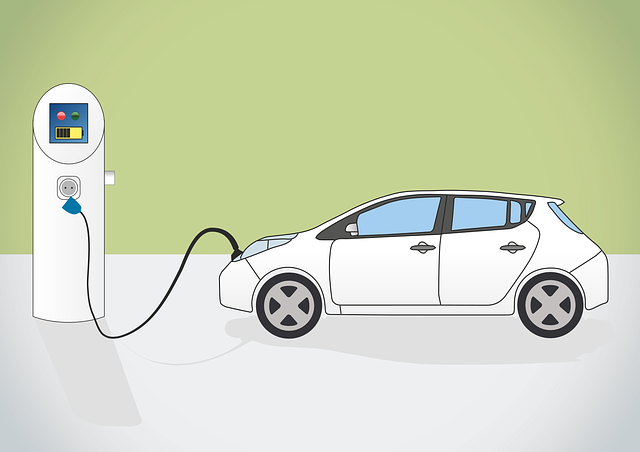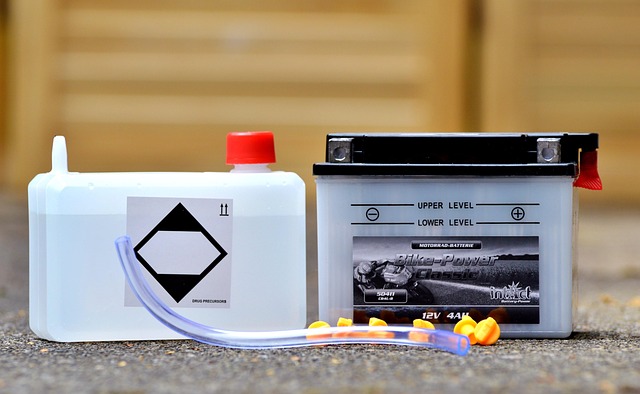Selecting car batteries is crucial for reliable performance and safety, especially in varying climates and long-distance travel. Choosing between all-weather, durable, or specific applications like marine/solar batteries is key. Premium brands offer faster charging and extended lifespans. Safety and industry standards ensure quality. Consider battery type, compatibility, maintenance (terminal cleaning, safe charging), and professional installation for optimal performance and longevity.
Car batteries are the silent heroes that keep our vehicles running. Understanding their inner workings and choosing the right one is crucial for avoiding costly breakdowns and ensuring reliable starts. This guide, tailored for car battery experts and enthusiasts alike, delves into everything from deciphering battery basics to selecting the perfect power source based on your needs. Learn essential installation and maintenance tips for years of dependable performance.
- Understanding Car Battery Basics
- Types of Car Batteries Explained
- Factors to Consider When Selecting
- Installation and Maintenance Tips
Understanding Car Battery Basics

Understanding Car Battery Basics
Selecting the right car battery is a crucial step in ensuring your vehicle’s reliable performance and safety, especially when considering varied driving conditions like cold climates or long-distance travel. Different environments demand specific requirements from your car battery, with factors such as temperature extremes, humidity, and continuous power demands playing a significant role. For instance, suitable car batteries for cold climates must withstand low temperatures without sacrificing their charging capacity, ensuring your vehicle starts smoothly even in icy conditions.
All-weather car batteries are designed to offer robust performance across various weather scenarios. These batteries are built to resist corrosion, maintain stability under extreme heat and cold, and provide consistent power output throughout their lifespan. For those frequently engaging in long-distance travel, a high-quality, durable battery capable of enduring prolonged use without degradation is essential. Such long distance travel car batteries ensure uninterrupted performance, safeguarding against unexpected breakdowns during your journey.
Types of Car Batteries Explained

Car batteries come in various types designed to suit different vehicle needs. Lead-acid batteries are the most common, known for their affordability and reliability, making them ideal for conventional gasoline-powered cars. These batteries use a mix of lead and sulfuric acid to store energy.
For electric vehicles (EVs), selecting the right car battery is crucial. Electric car battery technology has evolved significantly, with lithium-ion batteries becoming the standard due to their high energy density. Premium car battery brands often offer advanced features like faster charging times and longer lifespans. Understanding the nuances of car battery terminals is also essential when choosing a replacement to ensure optimal performance and safety.
Factors to Consider When Selecting

When selecting car batteries, several factors come into play to ensure you get the best fit for your vehicle and needs. One crucial aspect is understanding the difference between deep cycle and starting batteries. Deep cycle batteries are designed for continuous power supply in low-current applications like marine or solar-powered systems, whereas starting batteries are optimized for quick bursts of high current during engine starts. Knowing this distinction helps in meeting specific requirements effectively.
Additionally, car battery safety standards play a significant role in your choice. Look out for batteries that adhere to industry standards and regulations, ensuring they are made with quality materials and construction techniques. This guarantees not only optimal performance but also enhances overall vehicle security by mitigating risks associated with battery malfunctions. Always consider these factors for a safe and reliable automotive power source.
Installation and Maintenance Tips

When it comes to installation and maintenance, selecting the right car batteries is key. Experts recommend regular checks and replacements to ensure optimal performance. Start by choosing a battery that matches your vehicle’s specifications; this ensures compatibility and prevents any potential damage. Proper installation involves tight connections and secure mounting to prevent short circuits. Many car owners opt for professional services or use specialized tools, especially when dealing with modern vehicles’ complex electrical systems.
Maintenance includes regular cleaning of terminals to eliminate corrosion, which can disrupt power flow. It’s also crucial to keep batteries charged; recharging car batteries safely is an essential practice to prolong their lifespan. Avoid overcharging and always refer to the manufacturer’s guidelines for recommended charging cycles. Additionally, keeping the battery area clean and dry prevents moisture-related issues, ensuring smooth operation and extending the life of your car batteries for sale.
Choosing the right car battery is a crucial step in ensuring your vehicle’s reliability and performance. By understanding the basics, exploring different types, and considering key factors during selection, you can make an informed decision. Installation and regular maintenance are also vital to extending the lifespan of your new battery. Remember, the right choice can keep your car running smoothly for years to come, while a poor selection may lead to frequent breakdowns and costly repairs. So, take the time to Select Car Batteries wisely based on your specific needs and driving habits.
